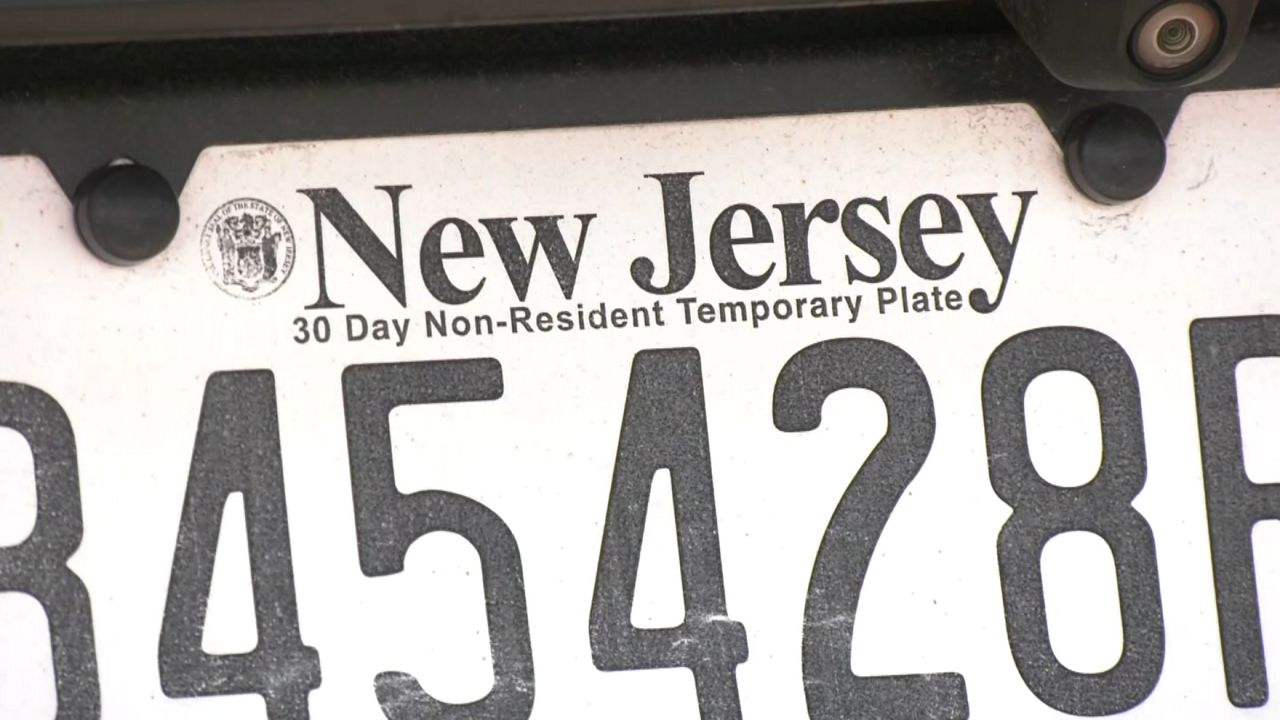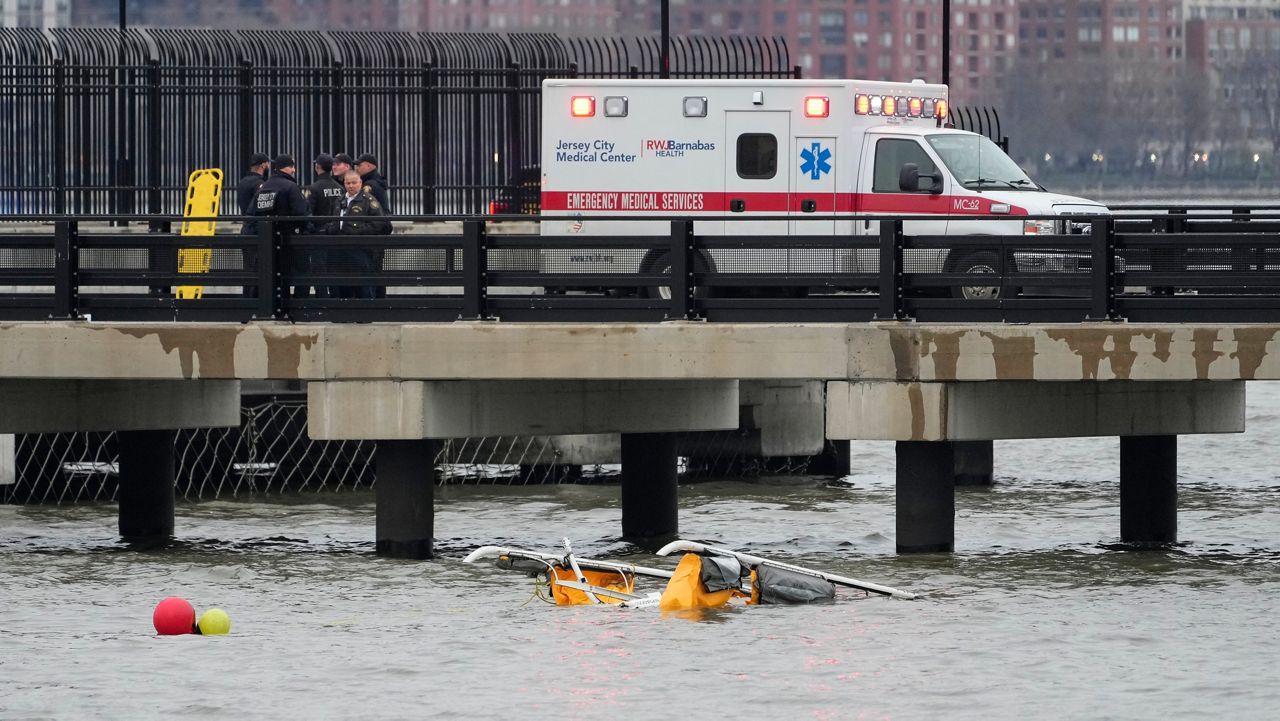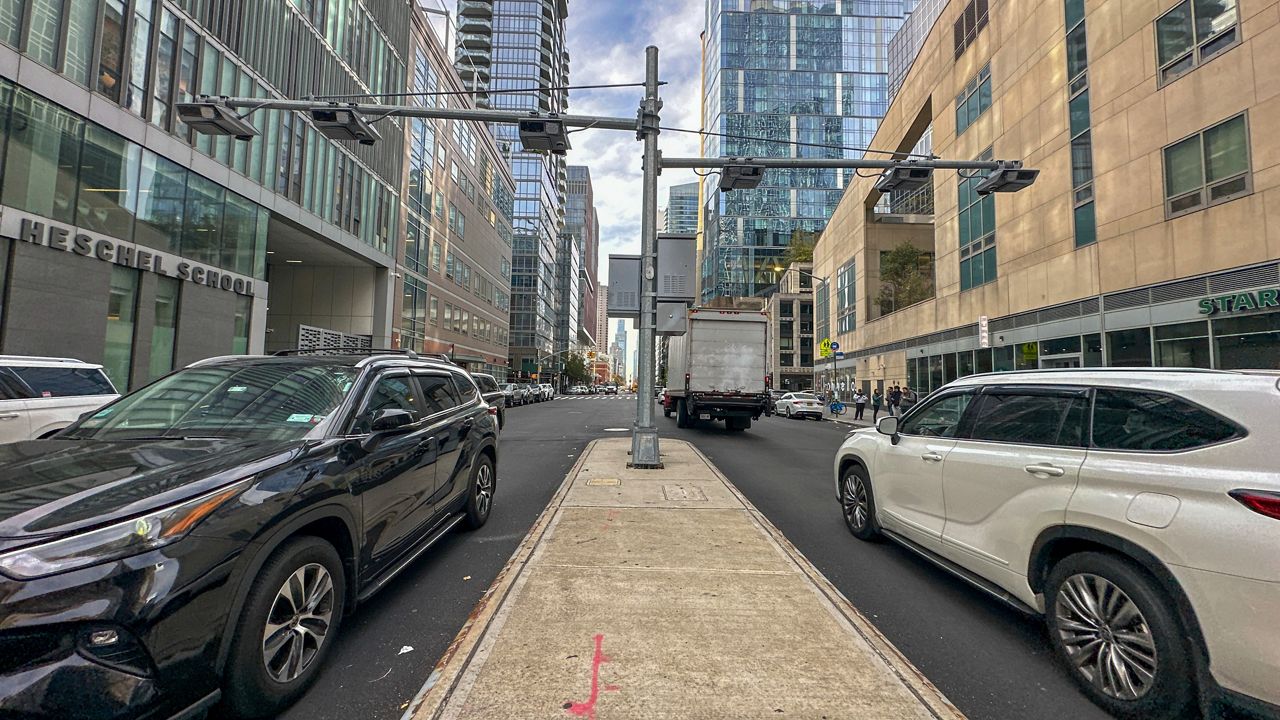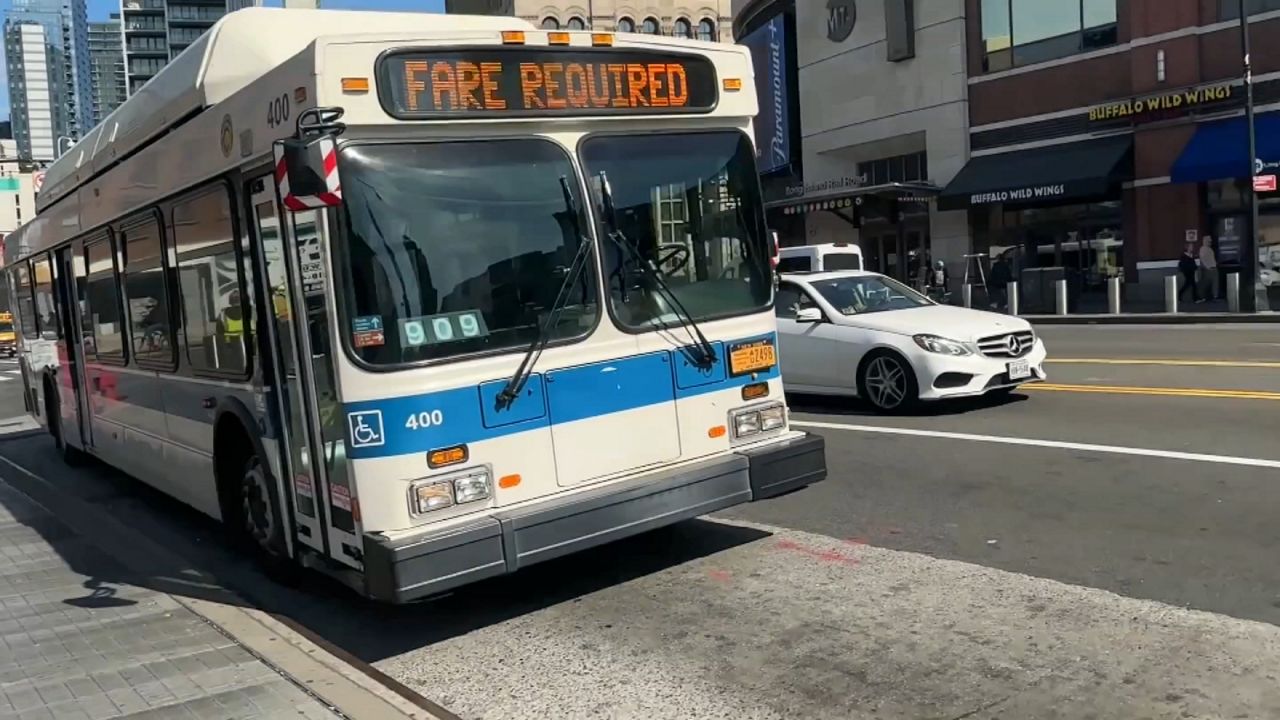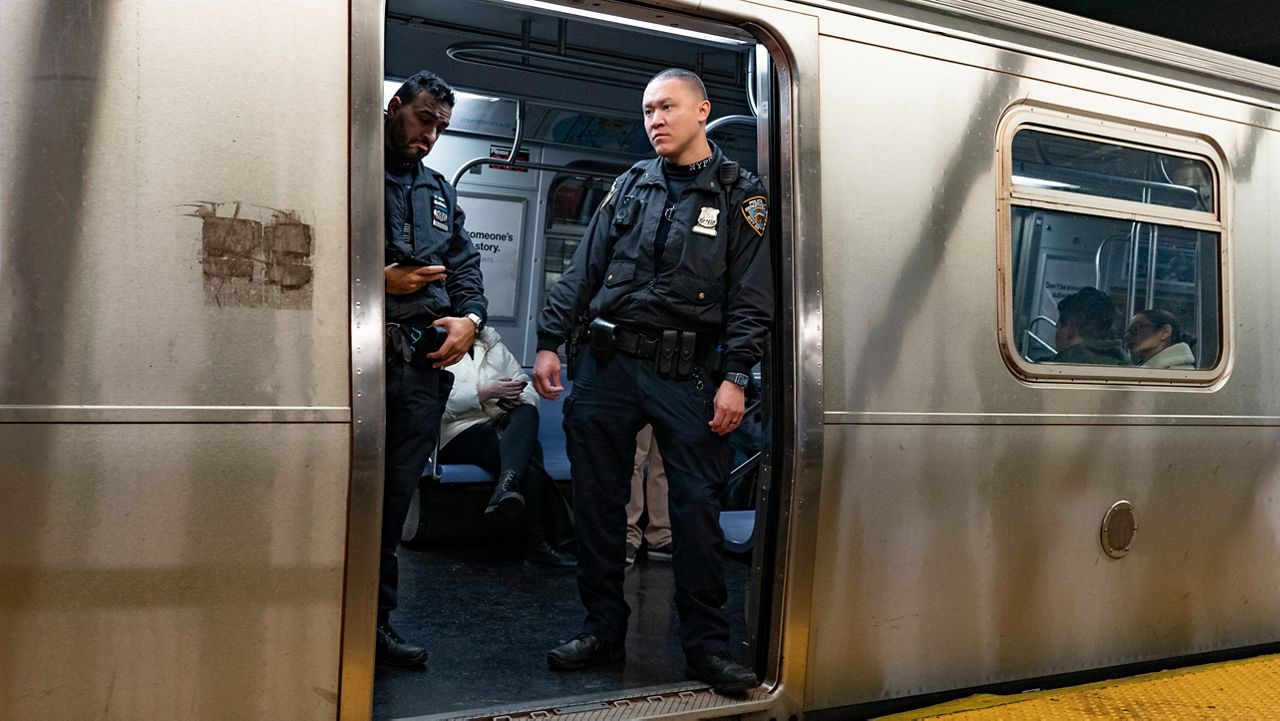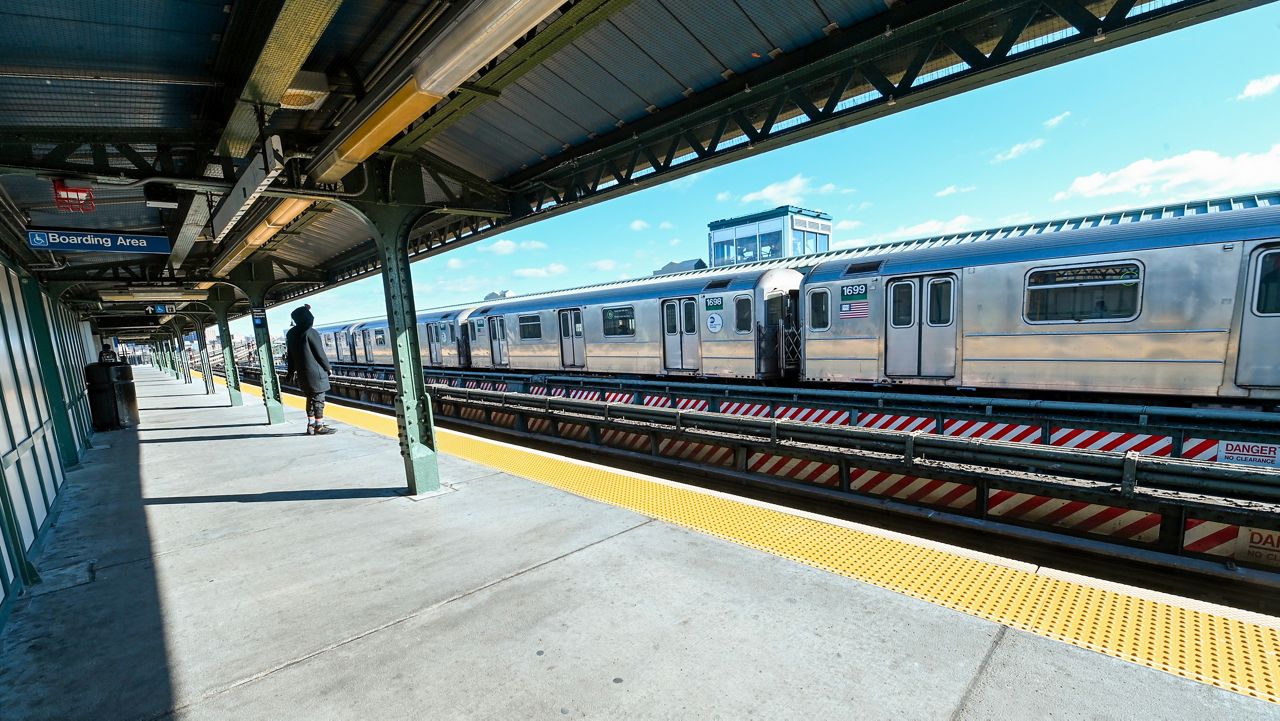The MTA could have budget deficits topping a billion dollars by next year, according to a new report from State Comptroller Tom DiNapoli — and it could affect riders.
“Depending on how some of these risks play out, will the MTA be compelled to raise fares higher than first projected for 2025 and 2027?” DiNapoli asked. “Will there be a delay in capital projects that will impact on the quality of the riding experience?”
The MTA in its July financial forecast did not include the loss of congestion pricing and already predicted a $428 million budget gap in 2027 and $469 million in 2028, mostly due to fare evasion. But the comptroller’s office projects gaps much sooner, $3 billion by 2028.
“The biggest risks continue to be ridership not returning to pre-pandemic levels at a rate that had been initially projected,” DiNapoli said. “They need to do a better job at controlling overtime costs. Fare evasion.”
MTA chair and CEO Janno Lieber says they’re attacking all the issues.
“We’re making sure that we’re doing everything to increase ridership income and cut down on fare evasion,” Lieber said. “And we’re making the case that we need a certain amount of capital dollars so we don’t have to borrow more money, which hurts the operating budget.”
But without congestion pricing as a dedicated funding source to bond against, the only thing the MTA can borrow against is projected fares. Gov. Kathy Hochul promised she’ll find the money, and suggested congestion pricing could quickly be un-paused at a lower price point.
“There is no turning our back on driving the MTA into the future. I am committed to that,” Hochul said. “That’s why I’ll be working closely with the legislature in the next session to address the congestion pricing phase, as well as the next capital plan.”
Advocates say budget talks in March are too late and she needs to un-pause congestion pricing now.
“March is almost a billion dollars. It’s almost a year later that it should have started,” said Danny Pearlstein, the policy and communications director at Riders Alliance. “We’ve already waited too long for funding and the governor set us back.”
Next month, the MTA will come out with its revised financial plan. In July it predicted the effects the pause would have on riders and the budget would not be felt till mid-2025, as aging equipment starts to fail.
The MTA says it is finding $500 million in savings but if they cannot replace and upgrade aging infrastructure soon, they will have to pay more in overtime and emergency response teams to address breakdowns and other issues, and riders will see more frequent service disruptions.






